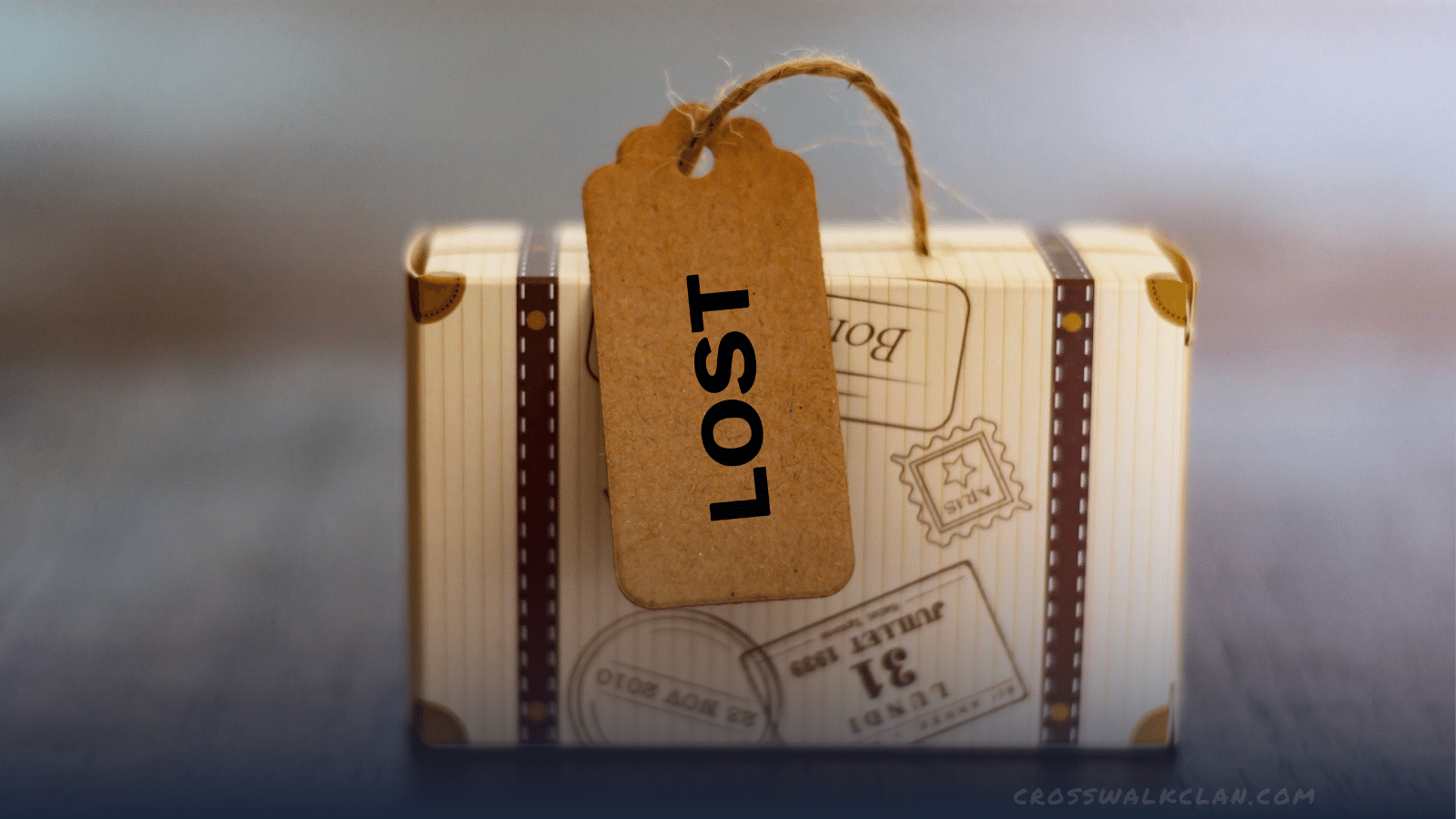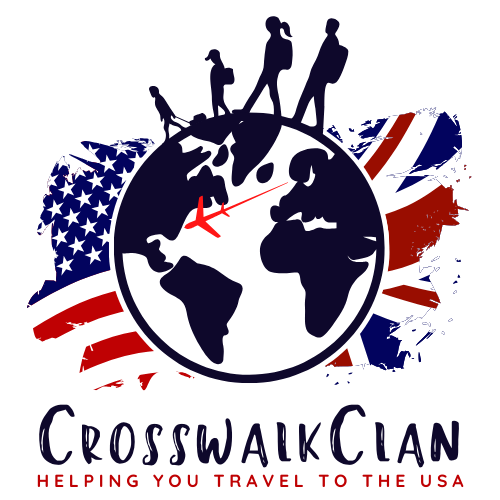Lost Luggage - How to plan for it, and what to do it if it happens
I really hoped this problem would be easing by now, but if anything it's getting worse.
It's a perfect storm of staffing issues, illness absence, and how many people are back travelling post-pandemic.

Every single day I get DMs or see posts about lost luggage on travel Facebook groups, and so many people are still shocked when it happens and hadn't done much - if anything - to prepare.
So if travelling with hand luggage only isn't a useful option, here's what to do before you travel, during travel and afterwards, if your luggage is lost.

More luggage is being lost than ever before - here's how to prepare for it happening and what to do if it does...
BEFORE TRAVEL
1. Split your clothing between checked cases
So if you're a family of four travelling with four cases, make sure each person has a mix of clothing in each of the four cases.
This means that if only one or two cases go missing each person will still have something to tide them over.
2. Make good use of your cabin baggage allowance
Virgin Atlantic, for example, allow every passenger (including children with their own seat) to bring a cabin bag/case as well as a personal item.
The cabin bag/case can weigh up to 10kg and be a maximum of 23 x 36 x 56cm.

This means you can easily pack 2-3 days of clothes and some swimwear, alongside any essentials or valuables (though I tend to put these in my personal item, so they're with me at all times - see this Instagram post on what essentials and valuables should always be packed in your hand luggage - including all medications and special foods!).
Check the cabin baggage rules for your airline, cabin and ticket type, and pack accordingly.
3. Utilise luggage trackers
There have been so many stories of when trackers have saved the day when it comes to finding lost luggage, to the point where I now feel they're almost an essential.
I've been hailing the travel benefits of Apple AirTags over on Instagram for well over a year now, and since this luggage crisis began pretty much every travel or aviation influencer has joined the chorus.
The cheapest way to buy them is almost always in a 4 pack, with it sometimes dropping to £78-79 on Amazon (affiliate link), and similar in monthly promotions for Costco members.
There are other alternatives available, so if you don't use Apple iPhones do some research and find the best option for you.
4. Familiarise yourself with your insurance cover
Your travel insurance will provide cover for lost luggage, along with what the airlines will compensate you for if you need to replace lost clothing etc.
However, every policy is different - some pay out while you're travelling, others only when you get home, and they will each have different levels of cover.

For example, the free coverage that comes with my credit card is up to £1000 per case, with a maximum of £500 for any single item. There are policies available with more generous coverage.
Add your insurer's claims/emergency number and/or email or website URL to your phone, so you're not trying to find it when you're panicking if the worst happens (same applies if someone gets sick or hurt while travelling)
5. Document your belongings
I know people who inventory the belongings that they pack line by line for each and every trip...

I can't pretend I'm that organised, but I do typically quickly film what I've packed, and individually photograph any higher value items.
This can help when it comes to placing a value on cases that are considered irretrievably lost, and make any potential arguments with insurers and/or airlines a little less stressful.
DURING TRAVEL
1. Make sure you keep your luggage receipts
After dropping off your checked bags, the counter staff (or automated bag drop machine) will issue you with receipts for each piece of luggage - these are sometimes stuck to the back of your boarding card or passport.
If your baggage does not turn up at your destination, you will need these receipts to report them as lost with your airline.
The details on the receipts may even enable you to use your airlines online system to track the cases in real time.
2. Utilise those luggage trackers!
Keep an eye once you've landed on where your luggage is - if they still show as on the aircraft, for example, there's no need to wait in the scrum at the baggage belt just yet.

Equally, if they're tracking live and showing they're still back home at your departure airport, no need to wait around for hours hopelessly waiting for them to turn up on the belt - you can go report them as lost immediately.
AFTER TRAVEL (if a case is lost)
1. Report the lost case to the airline in the baggage hall as soon as you know it's lost
Don't leave the airport and try to contact the airline.There will almost always be staff available for this purpose either by the belt or in the airline's baggage handling office in the baggage hall.

They will issue you with paperwork that shows you have logged your lost luggage - your insurer will need this, and it will help you track the progress of your cases.
Here is some information on how Virgin Atlantic handle lost luggage, just an example.
2. Immediately report the loss to your insurance company
Using the claim number you've saved in your phone for emergencies...
(See, told you that was a good idea!)
3. Utilise online tracking tools or your own luggage tracker
To keep an eye on the location of your luggage and stay up to date on its progress in reaching you.
It's not going to change what's happening, but if it's not moving you know it's not about to turn up with you that day, and you can make sure you purchase any extra essentials required for another day.
4. Purchase reasonable amounts of essentials
Make sure you keep all the receipts to log with the airline and/or insurer.

Your insurance should cover a reasonable number of 'essentials' to get you through until you're (hopefully) reunited with your luggage.
Here's Virgin Atlantic's information on this subject as a guide.
One bonus tip on this subject...
'Reasonable' refers to the number of items required and the types of items considered essential - typically clothing, toiletries and cosmetics that you *need* while waiting for your baggage to be found.
(For example you don't need a full face of complicated makeup, but might consider mascara, foundation and lip gloss as essential)
My tip would be to repurchase these at the same level as your lost items, as if your baggage is irretrievably lost, the amount the airline compensated you for these essentials will be taken off your final compensation payment.
So if, for example, you lost a bag full of high quality toiletries worth £500...
If you replace them with Walmart cheapies costing £100, your final compensation amount will be £400 - leaving you without enough money to repurchase what has been lost (plus some leftover Walmart products you might not want to use!)
I'm NOT saying go overboard or try to cheat the system - be honest, transparent, and replace like with like.
This is another reason I photograph and/or film what I pack, in case of any disagreements with airlines and/or insurers!
Is there anything you think I've missed? Let me know over on Instagram or by using the form on our Contact page!
